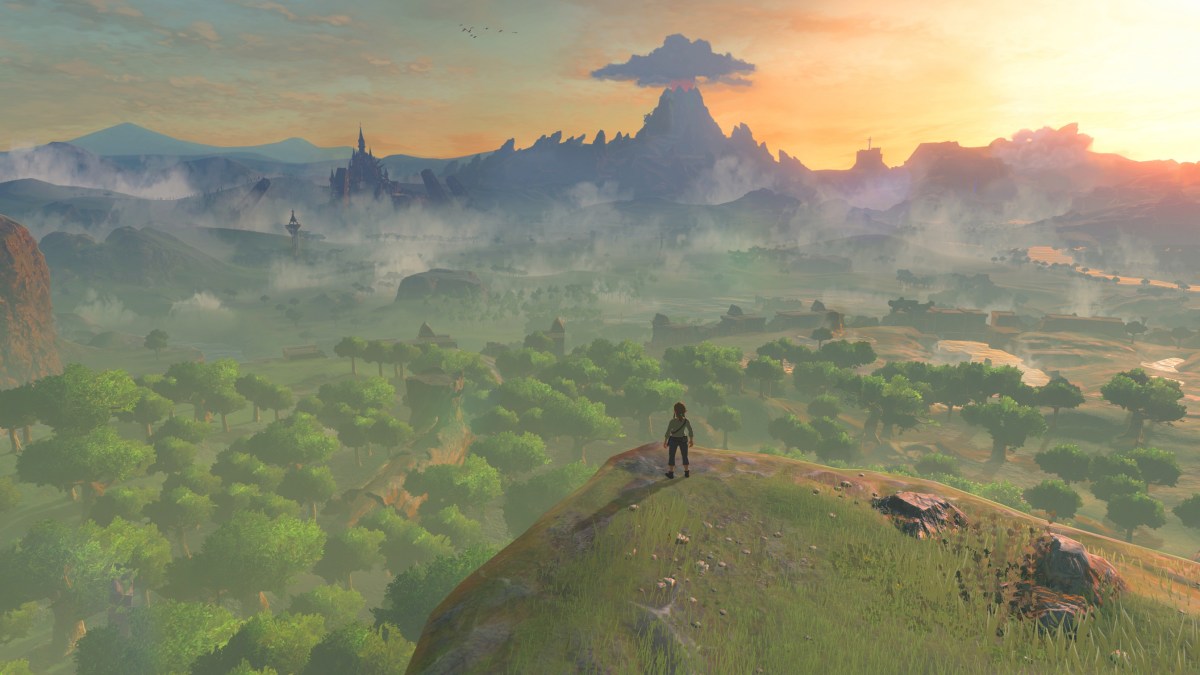Nintendo is a rare gaming hardware company in that the power of their brand is really in their stable of iconic gaming properties. While exclusives are still important to Xbox and PlayStation platforms, gamers who buy Nintendo consoles are often buying them on the promise of new Mario and Zelda (and other) games that they can’t get anywhere else simply because they’re created by the hardware manufacturer. That makes it increasingly important for Nintendo to get those games just right.
On the Wii U’s (and NX’s, someday) Legend of Zelda: Breath of the Wild, Nintendo EPD, one of the company’s internal development teams, has teamed with Xenoblade developer (and Nintendo subsidiary) Monolith Soft to bring the game’s open world to life. This is good news for fans, as Monolith has plenty of experience to bring to the table in terms of creating an expansive open world, but it’s not the first such partnership—even for Monolith.
Monolith Soft, founded by Squaresoft’s Tetsuya Takahashi and bought by Nintendo in 2007, previously helped out on The Legend of Zelda: Skyward Sword on the Wii, which also tried to break the traditional Zelda mold a bit. Breath of the Wild looks to push that even further, which makes the additional dev team even more important. Nintendo has gotten solid results from bringing outsiders into the fold as far back as Retro Studios’ Metroid Prime (a development company created in cooperation with Nintendo and Iguana Entertainment founder Jeff Spangenberg), but Nintendo’s own Shigeru Miyamoto has already admitted that the switch to HD game development was unexpectedly difficult.
That’s likely what led to the partnership with Bandai Namco on the Wii U (and 3DS) Smash Bros. titles, and it’s probably also why Monolith Soft has a 100+ person team working on Zelda, as Miyamoto mentioned in a Game Informer interview. Beyond graphical fidelity, though, these partnerships likely also have something to do with keeping Nintendo games up to fans’ standards in other areas, as well. While there was a time when Nintendo games were popular largely because they frequently defined industry-standard gameplay concepts, the gaming world has become much more competitive as truly new game experiences have become scarce, and gamers have certain expectations that can be easier to meet with the right experience under a developer’s belt.
In that regard, it’s good to see Nintendo fully utilizing the strengths of the teams they’ve brought in to bolster game development, and hopefully Breath of the Wild can … breathe new life into the Zelda franchise. *Sunglasses.*
(via Eurogamer, image via Nintendo)
—The Mary Sue has a strict comment policy that forbids, but is not limited to, personal insults toward anyone, hate speech, and trolling.—
Follow The Mary Sue on Twitter, Facebook, Tumblr, Pinterest, & Google+.









Published: Jun 21, 2016 10:29 am